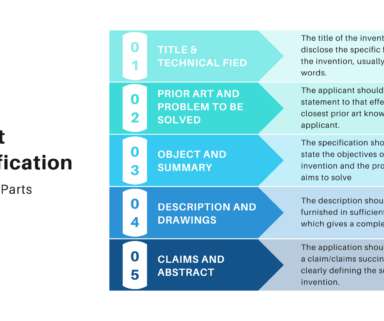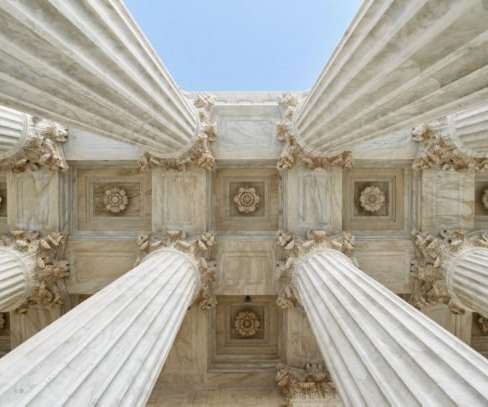Key Points from the USPTO’s New Guidance on AI Use
IP Intelligence
JULY 19, 2024
Implications for Patent/Trademark Prosecutors and Holders The U.S. Patent and Trademark Office (USPTO) recently issued guidance on the use of artificial intelligence (AI), particularly generative AI, in Intellectual Property (IP) practices involving documents filed at the USPTO.












Let's personalize your content